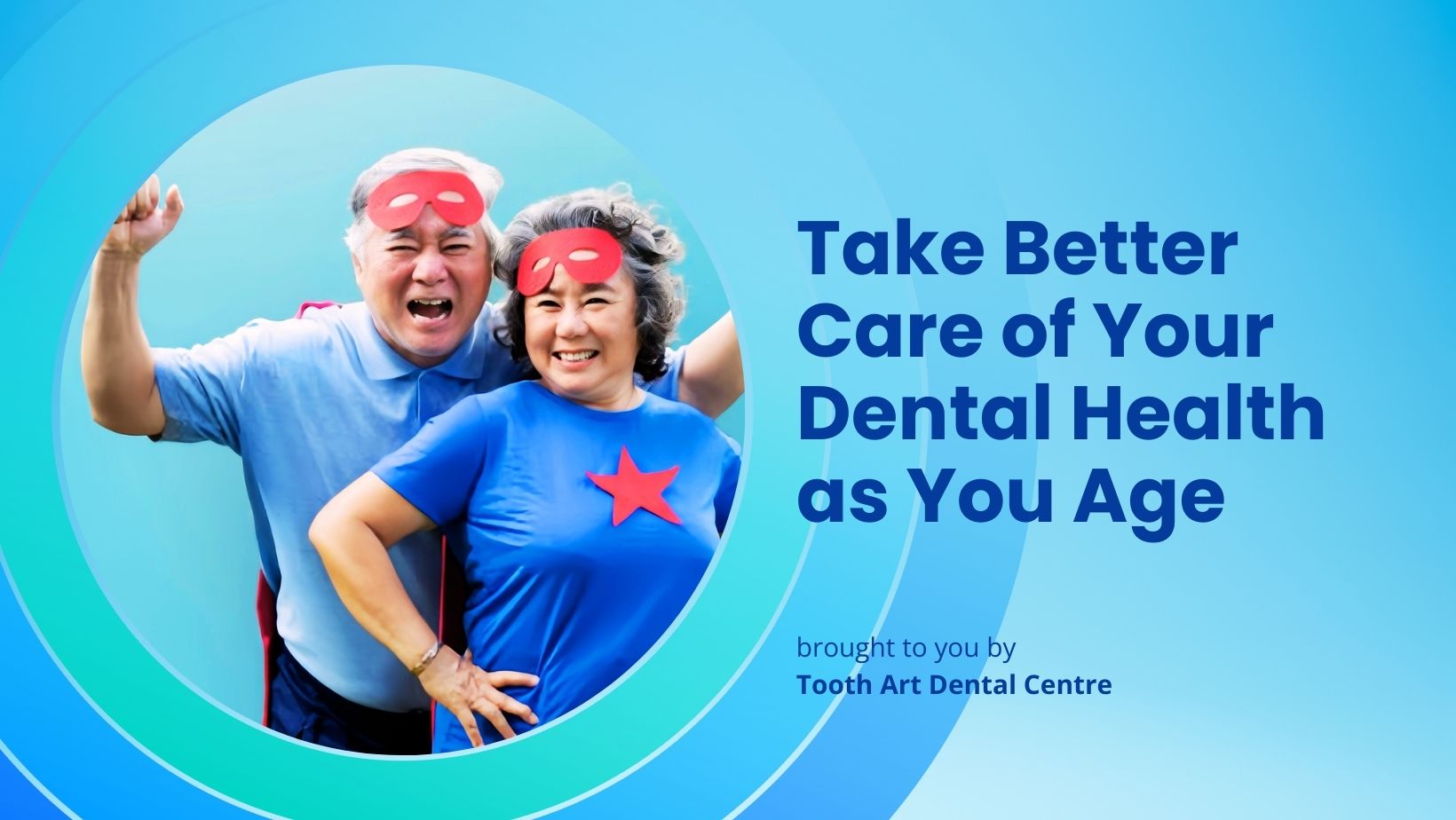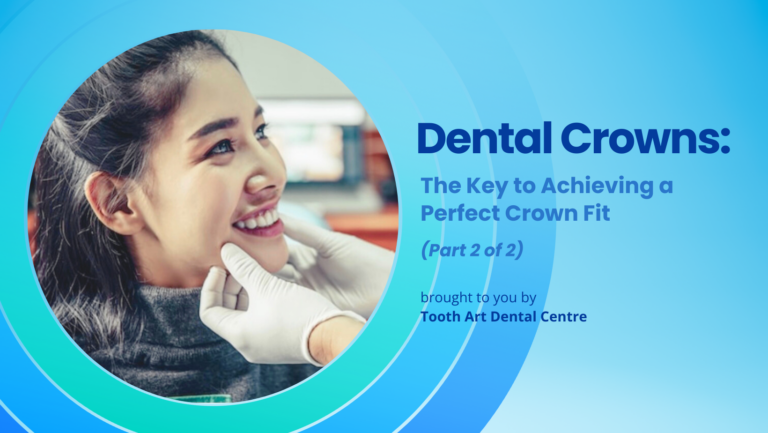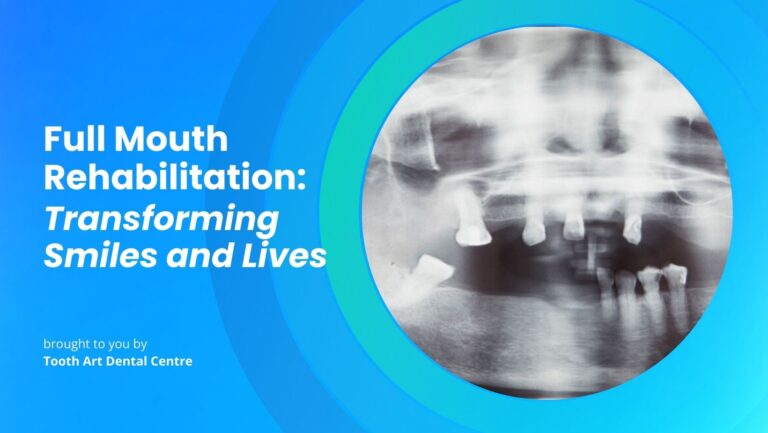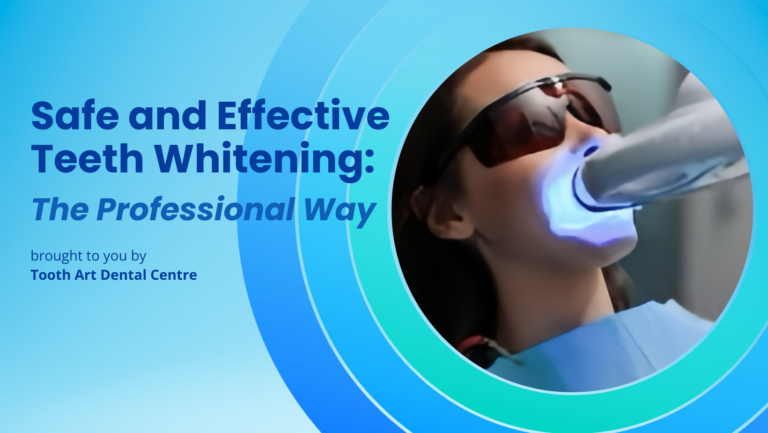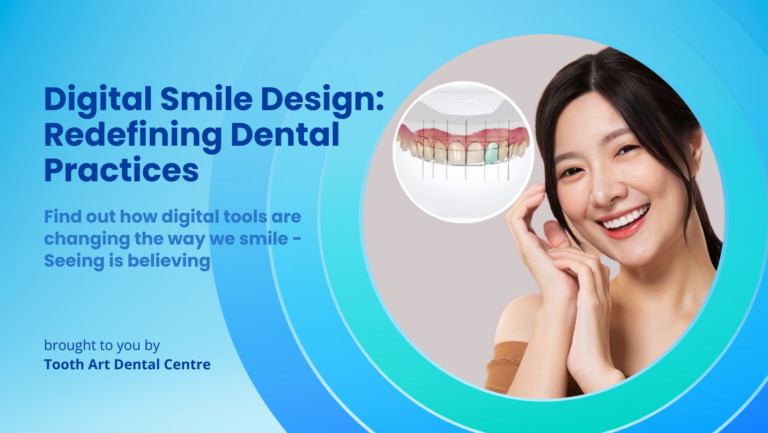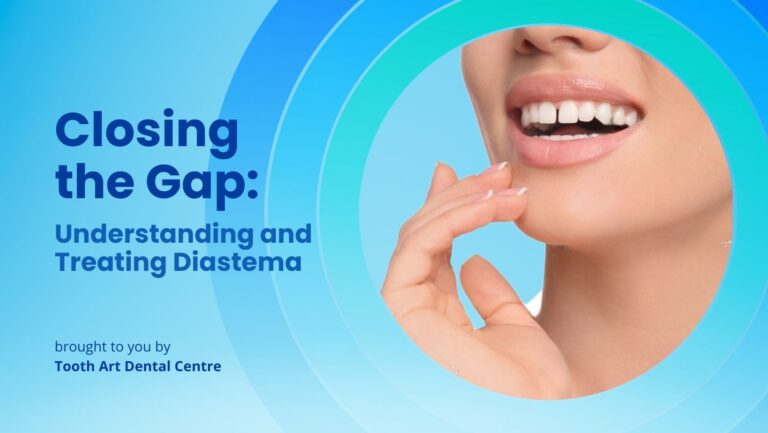Take Better Care of Your Dental Health as You Age
As we age, our bodies undergo numerous changes, and our dental health is no exception. Understanding these changes and adapting our oral care routines accordingly is crucial for maintaining a healthy smile throughout our lives. This article explores the common dental issues associated with aging and offers practical tips to ensure your teeth and gums remain in optimal condition.
Common Dental Changes with Aging
- Receding Gums: One of the most noticeable changes is gum recession. As we age, the gums can start to pull back from the teeth, exposing the roots. This not only affects the appearance of your smile but also increases the risk of tooth decay and sensitivity.
- Thinning Enamel: Over the years, the enamel—the hard, protective outer layer of the teeth—can wear down. This can lead to increased sensitivity, a higher risk of cavities, and changes in the color and texture of the teeth.
- Dry Mouth: Saliva plays a crucial role in maintaining oral health by neutralizing acids and washing away food particles. Aging can often lead to decreased saliva production, resulting in dry mouth. This condition can increase the risk of tooth decay and gum disease.
- Tooth Discoloration: Aging can cause the teeth to darken or yellow due to changes in dentin, the tissue beneath the enamel, and years of exposure to staining substances like coffee, tea, and tobacco.
- Increased Risk of Gum Disease: Gum disease becomes more prevalent with age due to factors like plaque buildup, changes in immune response, and the cumulative effects of long-term oral habits.
Tips for Maintaining Dental Health as you Age
- Maintain a Rigorous Oral Hygiene Routine: Brushing and flossing remain the cornerstones of dental care. Use a soft-bristled toothbrush and fluoride toothpaste to brush at least twice a day. Floss daily to remove plaque and food particles between the teeth and along the gum line.
- Use Mouthwash:
Incorporate an antimicrobial mouthwash into your routine to help reduce plaque and prevent gum disease. Look for products that also offer fluoride to strengthen your teeth.
Stay Hydrated: Combat dry mouth by staying well-hydrated. Drink plenty of water throughout the day and consider using a saliva substitute or chewing sugar-free gum to stimulate saliva production.
Regular Dental Check-ups: Visit your dentist at least twice a year for professional cleanings and check-ups. Regular visits allow for early detection and management of potential issues like gum disease, cavities, and oral cancer.
Address Dental Issues Promptly: Don’t ignore symptoms like tooth pain, bleeding gums, or persistent bad breath. Seek prompt dental care to address these issues before they worsen.
Eat a Balanced Diet: A healthy diet rich in vitamins and minerals supports overall health and can help maintain strong teeth and gums. Limit sugary snacks and drinks, as they contribute to tooth decay.
Protect Your Teeth: If you grind your teeth at night, consider using a mouthguard. This can prevent further wear on your enamel and reduce the risk of fractures.
Avoid Tobacco: Smoking and other tobacco use significantly increase the risk of gum disease, tooth loss, and oral cancer. Quitting tobacco is one of the best things you can do for your oral and overall health.
Conclusion
Aging brings about inevitable changes to our oral health, but with the right care and attention, we can maintain healthy teeth and gums well into our later years. By understanding the common dental issues associated with aging and adopting a proactive approach to oral hygiene, we can ensure our smiles remain bright and healthy. Remember, it’s never too late to start taking better care of your dental health!
Have a concern about dental health? Schedule a consultation with our trained dental specialist today.
Note: This article is intended for informational purposes only and does not substitute for professional medical advice. Individuals experiencing health concerns should consult with healthcare professionals for proper diagnosis and treatment plans.

